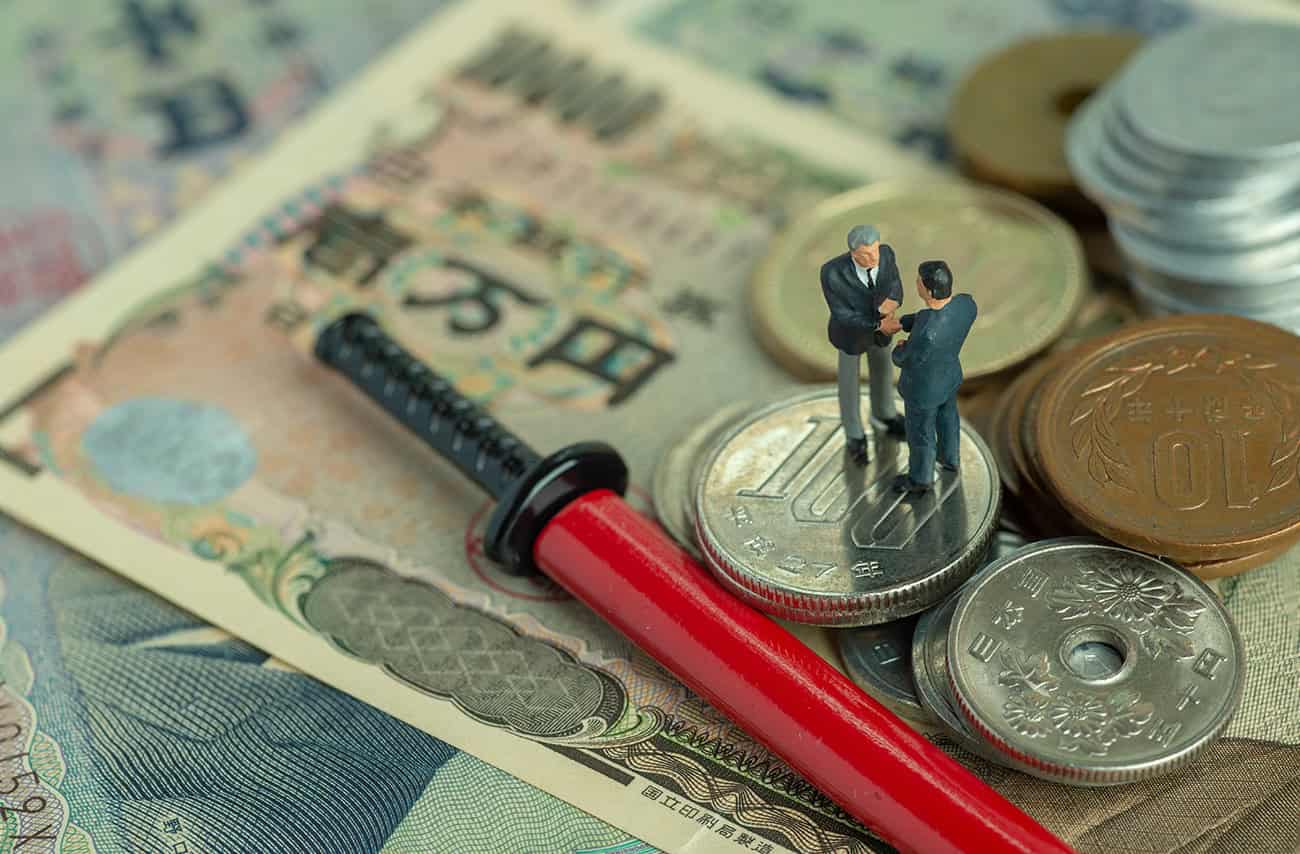The Philippines is looking to Japan to partially finance its ballooning debt as Manila moves to strengthen ties between the two countries. The Department of Finance (DoF) says it is exploring issuing yen-denominated, or samurai bonds alongside or in place of conventional US-dollar bond issuance.
Government debt has mushroomed in recent years, hitting 15.3 trillion pesos—around $264 billion in May—according to Bureau of the Treasury estimates. Manila reportedly plans to borrow a further $3 billion this year as part of a $5 billion bond program that began in May. The country’s debt-to-GDP ratio is currently in excess of 60%, the Treasury says.
The DoF recently held talks in Japan with Sumitomo Mitsui Banking Corporation and Nomura Securities as part of a roadshow to gauge interest from investors there. The final timing for the new bond issue is likely to be linked to the US Federal Reserve’s decision later this year on lowering interest rates.
The government has tapped Japanese bond markets before.
In 2018, the publicly held Japan Bank for International Cooperation acquired part of a multi-tranche ¥154.2 billion (roughly $1.39 billion) samurai bond offering by the Philippine government, data from the Treasury shows. The following year, it raised ¥92 billion (approximately $860 million) of samurai bonds in a three-tranche offering. And in 2021, it raised ¥55 billion in three-year, zero-coupon samurai bonds: its first-ever zero-coupon Japanese offering, which saw strong interest from investors.
But Manila’s latest return to the well has a larger political context. In early July, the Philippines inked a defense pact with Japan amid tensions with China over disputed territory in the South China Sea: further evidence that trade and finance have become intertwined with regional geopolitics. President Ferdinand Marcos Jr.’s government is also courting investors to sustainably develop its nickel reserves to meet demand for the metal’s use in electric vehicle batteries. After Indonesia, the Philippines is world’s second largest producer of the metal, according to Statista.




